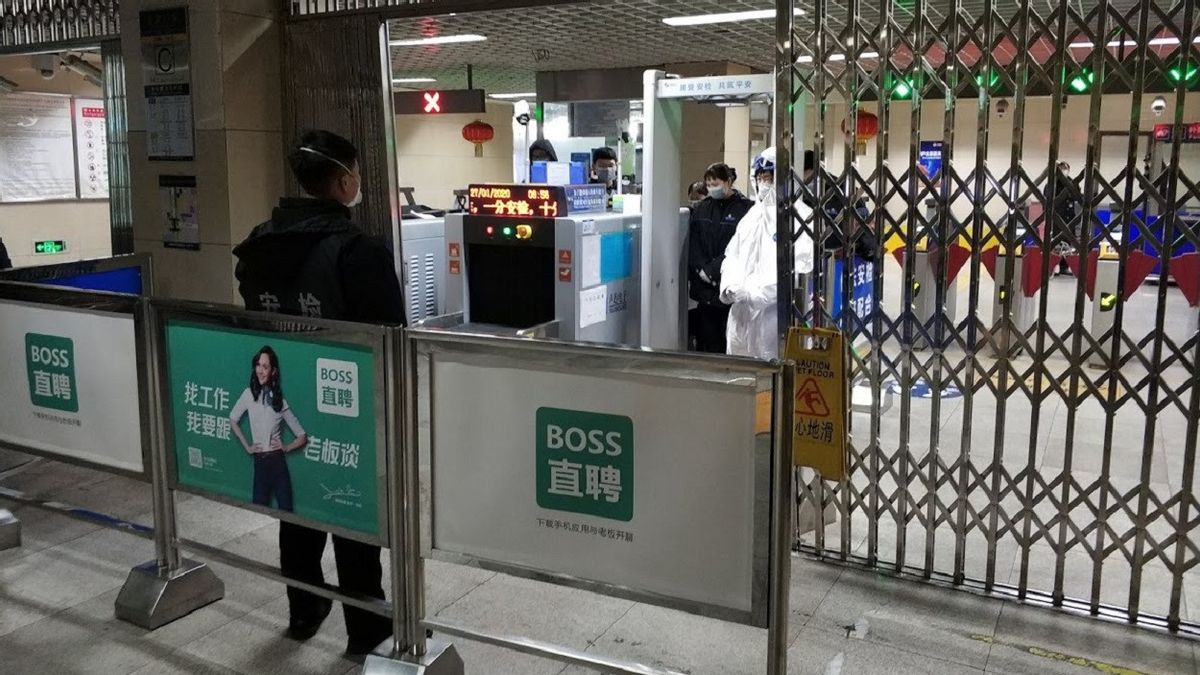JAKARTA - The head of the World Health Organization (WHO) said China's COVID-19 zero-tolerance policy was unsustainable, given what is now known about the virus, in rare public comments by the UN agency on the government's handling of the pandemic.
"We don't think it's sustainable given the behavior of the virus and what we now anticipate in the future," WHO Director-General Tedros Adhanom Ghebreyesus told a news conference.
"We have discussed this issue with Chinese experts. And we indicated that this approach will not be sustainable. I think change will be very important," he said.
He further explained that increased knowledge about the virus and better tools to combat it also indicated it was time for a change in strategy.
The comments came after Chinese leaders reiterated their determination to fight the virus with a tough crackdown, threatening action against critics at home, even as the stringent and prolonged lockdown took a heavy toll on the world's second-largest economy.
Speaking after Tedros, WHO Emergency Director Mike Ryan said the impact of a zero-COVID policy on human rights also needed to be considered.
"We've always said, as WHO we need to balance control measures regarding their impact on society, their impact on the economy, and that's not always an easy calibration," Ryan said.
He also noted that China has recorded 15,000 deaths since the virus first emerged in the city of Wuhan in late 2019 - a relatively low number compared to nearly 1 million in the United States, more than 664,000 in Brazil, and more than 524,000 in India.
With that in mind, it's understandable, Ryan said, that the world's most populous country would want to take tough measures to curb the transmission of the coronavirus.
However, China's zero-COVID policy has drawn criticism from scientists to its own citizens, leading to a cycle of lockdowns for millions of people, grief, and anger. Most other countries that initially had a similar approach are now at least starting to transition to strategies for living with the virus.
The ongoing outbreak also underscores how difficult it is to stop the spread of the highly contagious Omicron variant.
VOIR éGALEMENT:
Under COVID-zero, authorities are locking down large population areas to contain the spread of the virus, in response to the coronavirus outbreak, even if only a small number of people test positive.
Shanghai's measures are stringent, with residents allowed out of the compound only for exceptional reasons, such as medical emergencies. Many are not even allowed out of their front door to mingle with their neighbors.
Its quarantine policy has also been criticized for separating children from parents, placing asymptomatic cases among those with symptoms.
The English, Chinese, Japanese, Arabic, and French versions are automatically generated by the AI. So there may still be inaccuracies in translating, please always see Indonesian as our main language. (system supported by DigitalSiber.id)

















